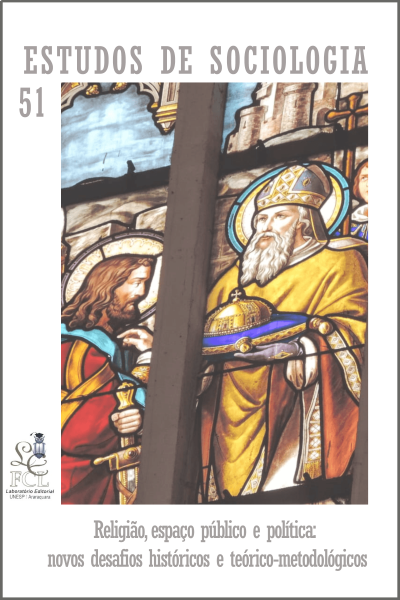Weber against Luhmann
for a heuristic of the (in) differentiation
DOI:
https://doi.org/10.52780/res.13490Keywords:
Intermediate Consideration, Social spheres’ autonomization, Functional differentiation, (in)differentiation heuristicAbstract
The basic element of Niklas Luhmann’s sociology is the definition of modernity by the primacy of functional differentiation, the last form of social differentiation preceded by segmentation, center/periphery and stratification. In a functionally differentiated world society, each (sub) system performs its autopoietic closure, based on communication, on its own and exclusive binary codes. Such conception of differentiation in modern society tends to an unproductive formalism when the operative intransitivity of binary codes, the opposition between differentiation and hierarchy, and the impossibility of thinking about processes of indifferentiation are carried to the ultimate consequences. Against such formalistic rigidity of the concept of functional differentiation in Luhmann, I argue that the classical enunciation of social spheres’ autonomization in the Intermediate Consideration – insofar as Weber at first thinks such a process from the possible affinities, tensions and even colonizations between the different spheres – offers a powerful and flexible (un) differentiation heuristic to think modern and contemporary society, freeing us from a set of impasses posed by the luhmannian concept of functional differentiation.
Downloads
Downloads
Published
How to Cite
Issue
Section
License

À revista Estudos de Sociologia ficam reservados os direitos autorais pertinentes a todos os artigos nela publicados.
Os artigos publicados e as referências citadas na revista Estudos de Sociologia são de inteira responsabilidade de seus autores.
A Estudos de Socilogia utiliza a licença https://creativecommons.org/licenses/by/4.0/ (CC BY), que permite o compartilhamento do artigo com o reconhecimento da autoria.



